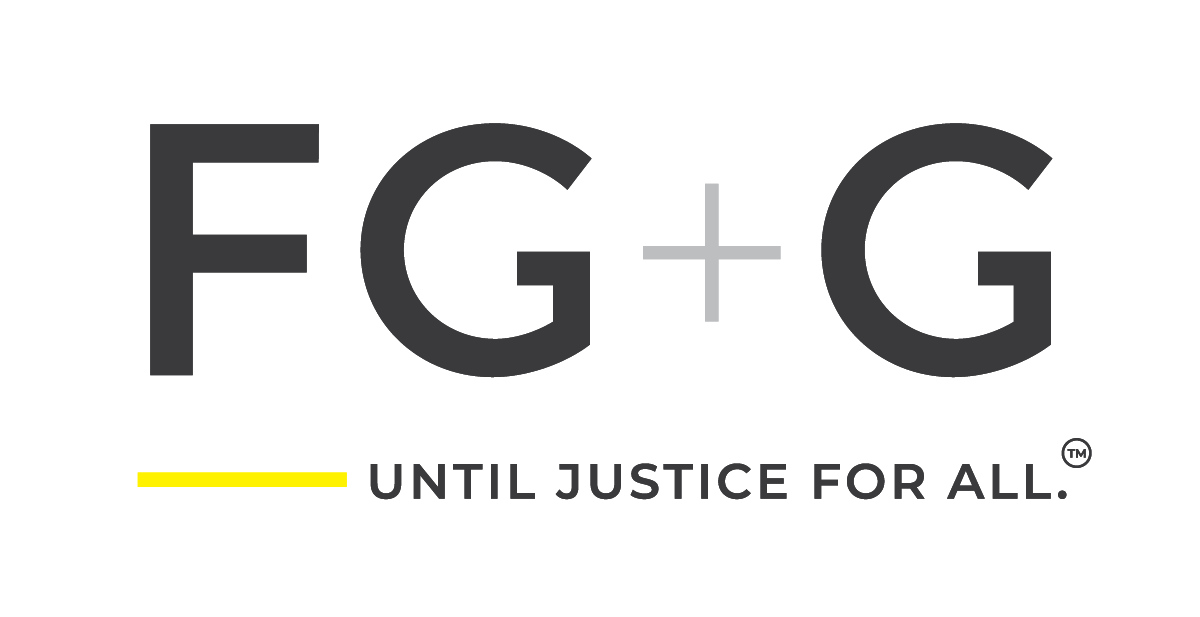Isaiah Andrews Found Not-Guilty in Retrial of Wife’s 1975 Murder
At the time of his release, Andrews’ time served stands as the second longest known wrongful incarceration in U.S. history, and the longest in Ohio. Now, attorneys are seeking a jury trial in a federal civil rights lawsuit against the City of Cleveland for suppressing evidence, misconduct and wrongful conviction in violation of his constitutional rights.
Background
Isaiah Andrews spent nearly 46 years behind bars. The now 84-year-old man was found not-guilty in the murder of his wife that occured five decades before. Jurors deliberated to reach the unanimous verdict on a single count of aggravated murder. The verdict comes after an unusual trial in which original testimony had to be read from transcripts of the original trial. Many of the witnesses, including the Cleveland police detectives who investigated the killing, are now dead.
In 1974, Andrews’ was arrested for his wife Regina’s murder when he was only 37 years old. Regina Andrews was found dead in a nearby park wrapped in hotel bedding, including a pillowcase from a Howard Johnson motel. Detectives zeroed in on a suspect, Willie Watts, who stayed at the hotel the night before and had a history of violent behavior. But then, police cleared Watts, who died in 2011, because he had an alibi for the morning of the killing. The coroner initially said Andrews’ wife died before 11:00 a.m., but eventually changed their estimate to later in the day. The detectives never reconsidered Watts as a suspect.
Approach & Resolution
In 2019, Andrews’ conviction was overturned and he was granted a new trial in the Cuyahoga County Court of Common Pleas after the Ohio Innocence Project (OIP) discovered evidence that reports were withheld from Andrews’ defense team during the 1975 trial. The reports detailed the investigation and arrest of Watts after evidence found at the scene implicated him. The withheld reports also included witness statements that would have destroyed the credibility of the State’s key trial witnesses. During the 2021 retrial, attorneys also learned that detectives found a partial fingerprint near the body that did not match Andrews’ fingerprints.
Andrews was just one of three men whose conviction was overturned on October 27, 2021 in Cuyahoga County court. With the help of Brian Howe and Kanisha Ervin from the Ohio Innocence Project, Ru-El Sailor and Charles Jackson, also represented by FG+G, were found not-guilty of crimes in which they served 15 and 27.5 years for, respectively. The jury cleared Andrews after deliberating for about an hour.
Following the verdict, a federal civil rights lawsuit against the City of Cleveland was filed on behalf of Andrews in the U.S. District Court for the Northern District of Ohio on Monday, February 14, 2022. Andrews is represented by Sarah Gelsomino, Marcus Sidoti, Jacqueline Greene, and Terry Gilbert of Friedman, Gilbert + Gerhardstein. They are seeking justice for multiple counts of violations of his constitutional rights and the injuries and damages associated with wrongful imprisonment, including physical sickness and injury, emotional pain and suffering, and continuing injuries and damages.
Case News
Additional Coverage:
Man imprisoned 45 years for wife's killing is acquitted by Cleveland jury: "I've become free"
CBS News | October 28, 2021
Ohio man found not guilty in wife’s 1974 murder after serving 45 years in prison
Yahoo News | October 29, 2021
Jury to decide fate of Cleveland man in retrial of 1974 killing of his wife
Cleveland.com | October 26, 2021
Jury finds man not guilty in retrial of wife’s 1974 killing in Cleveland
Cleveland.com | October 27, 2021
Jury clears man convicted of killing his wife decades after crime
Fox 8 News | October 27, 2021
84-year-old man wrongfully convicted in 1975 files federal lawsuit against city of Cleveland
Ideastream | February 15, 2022



